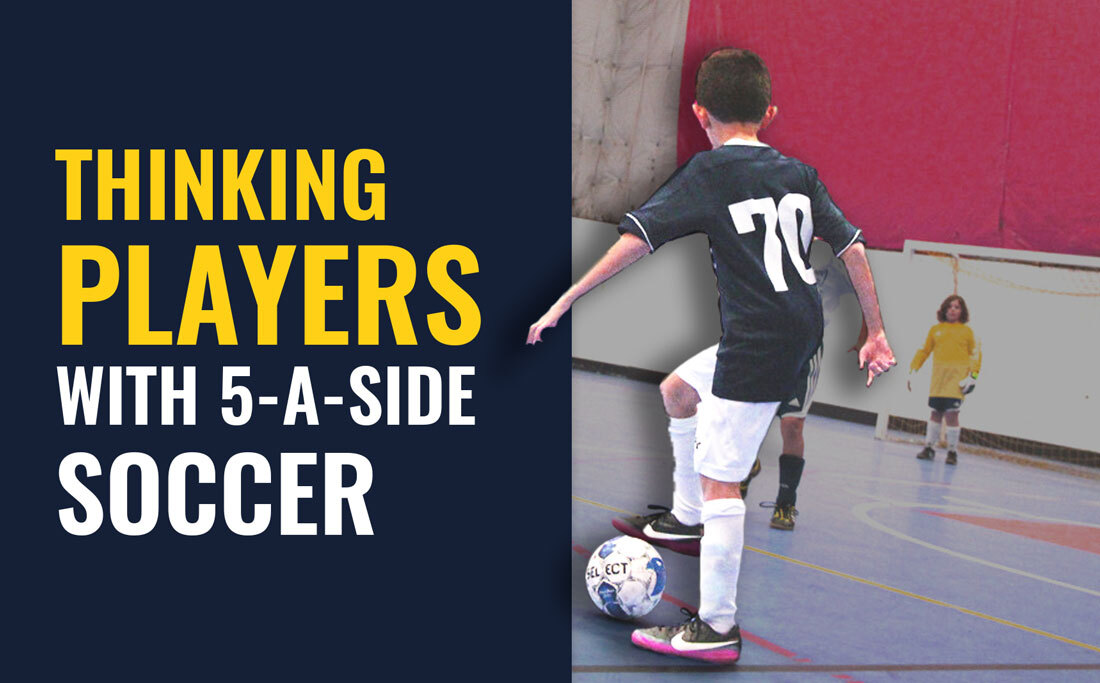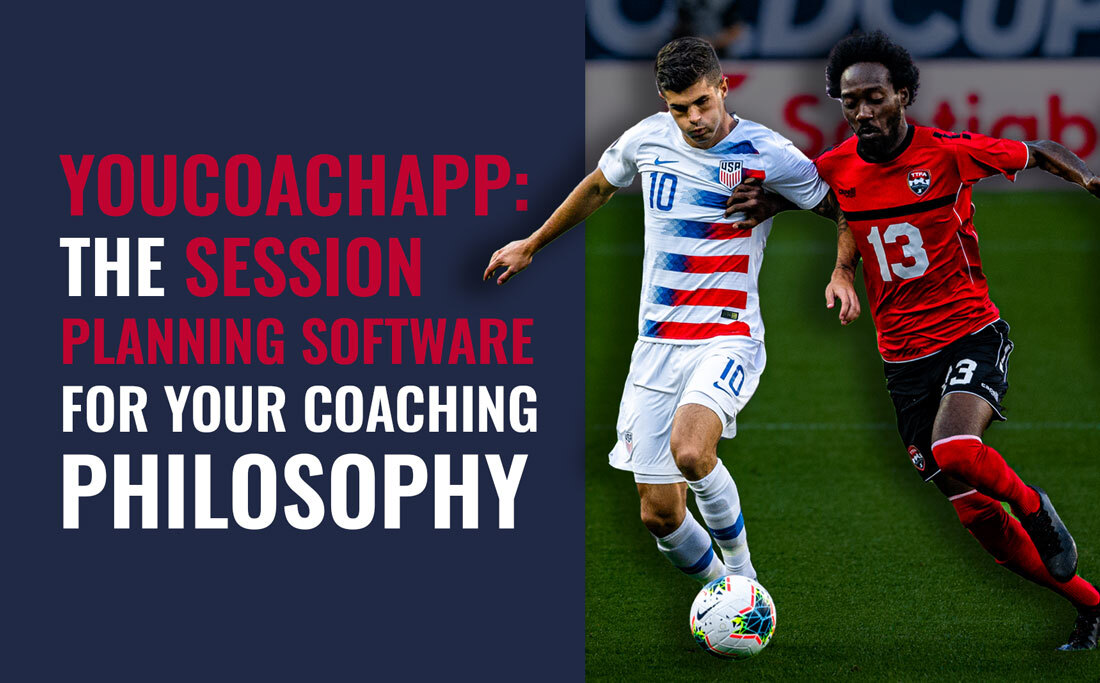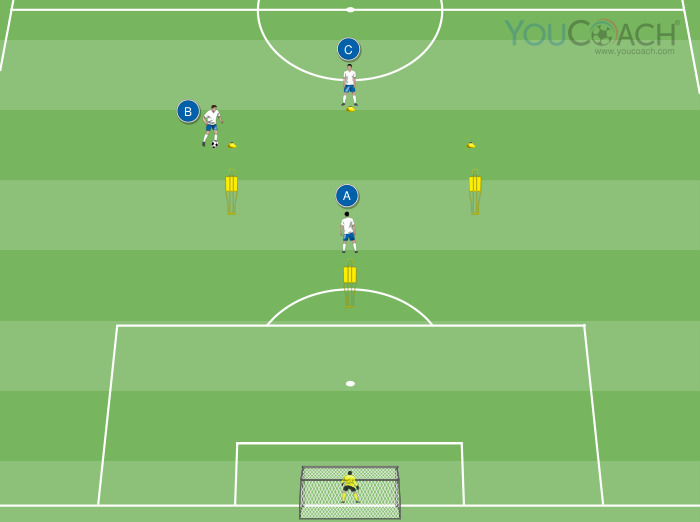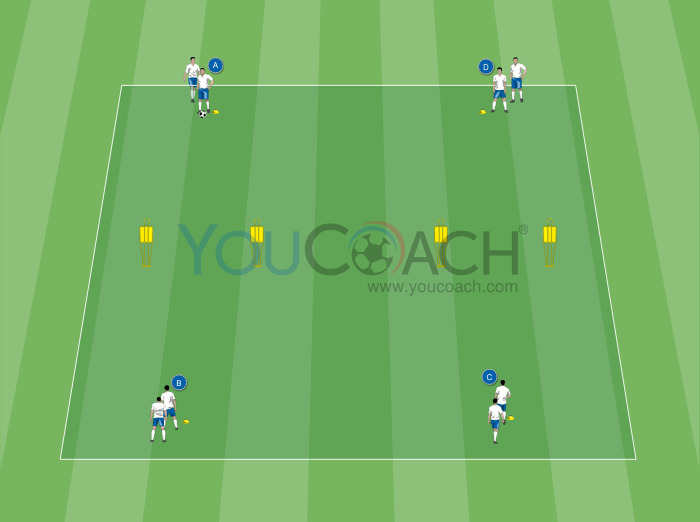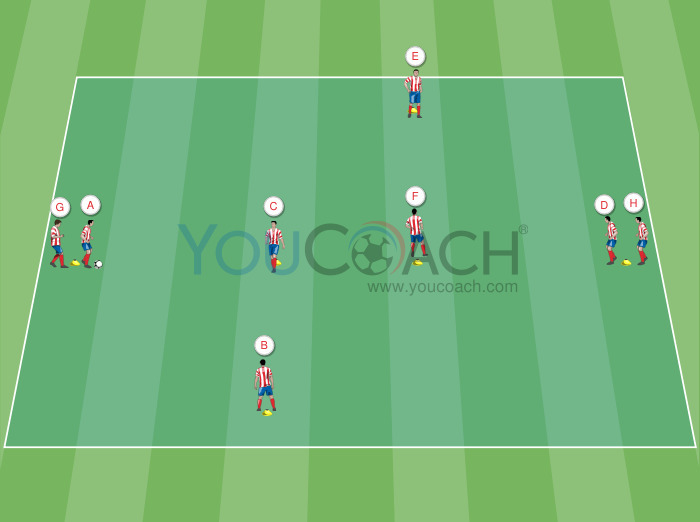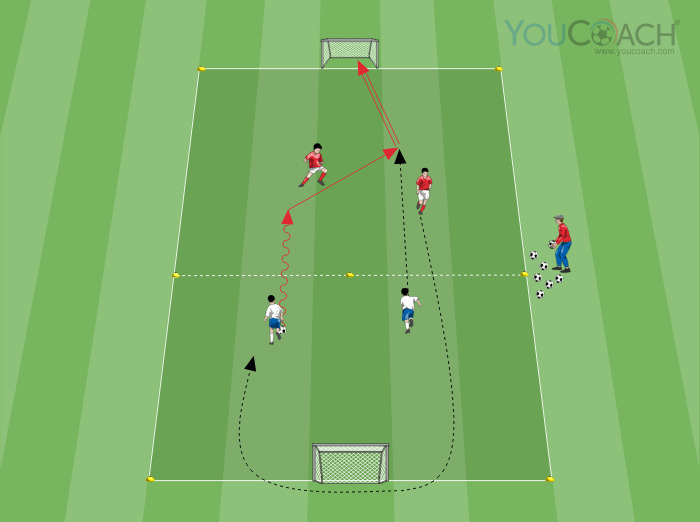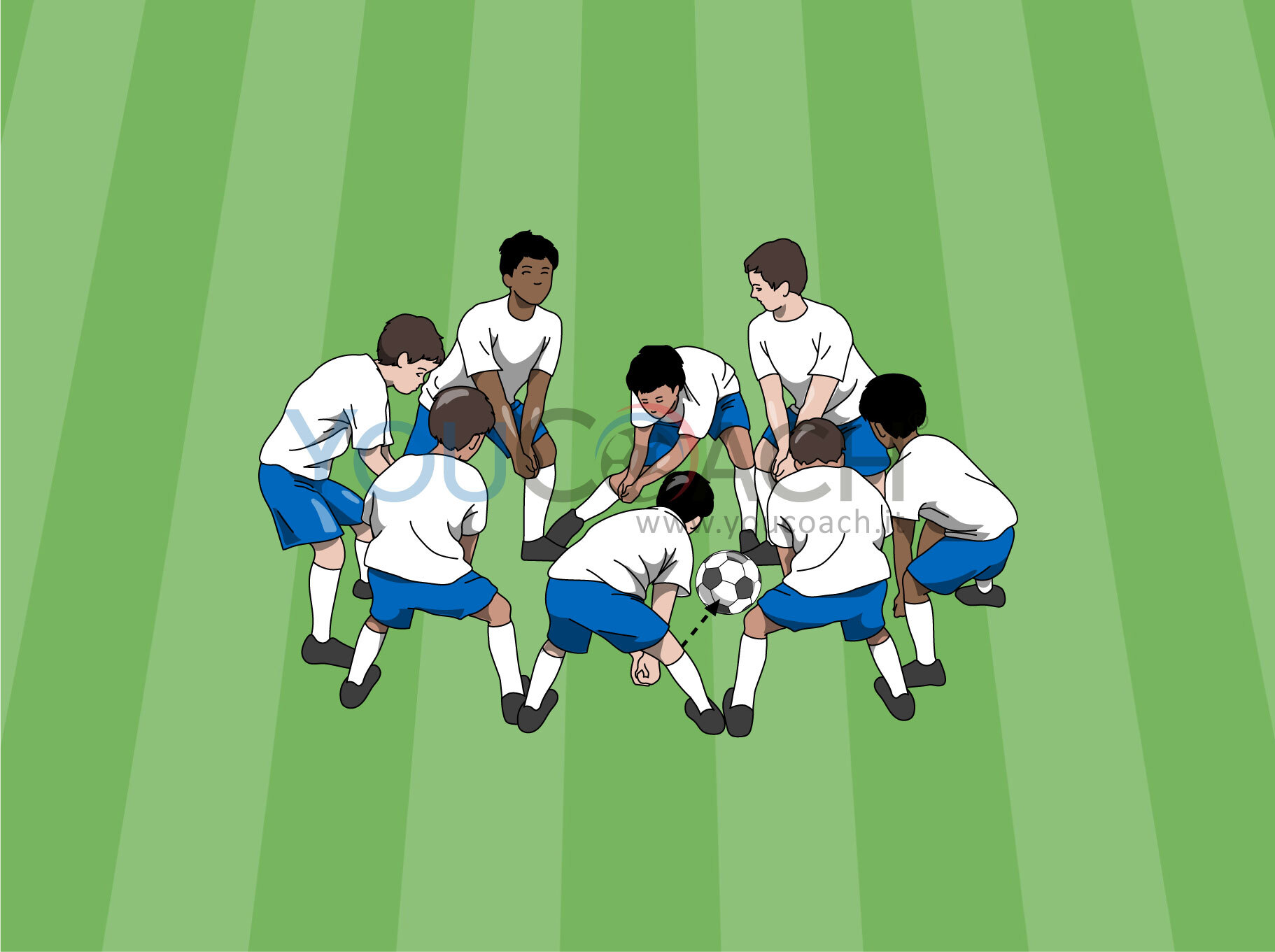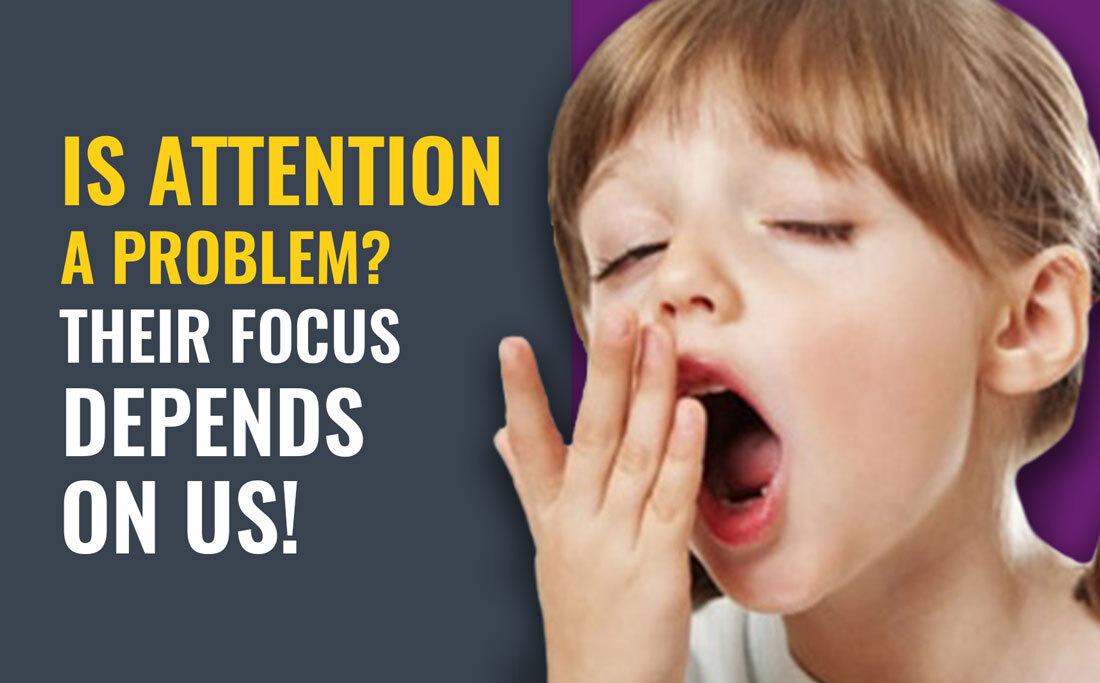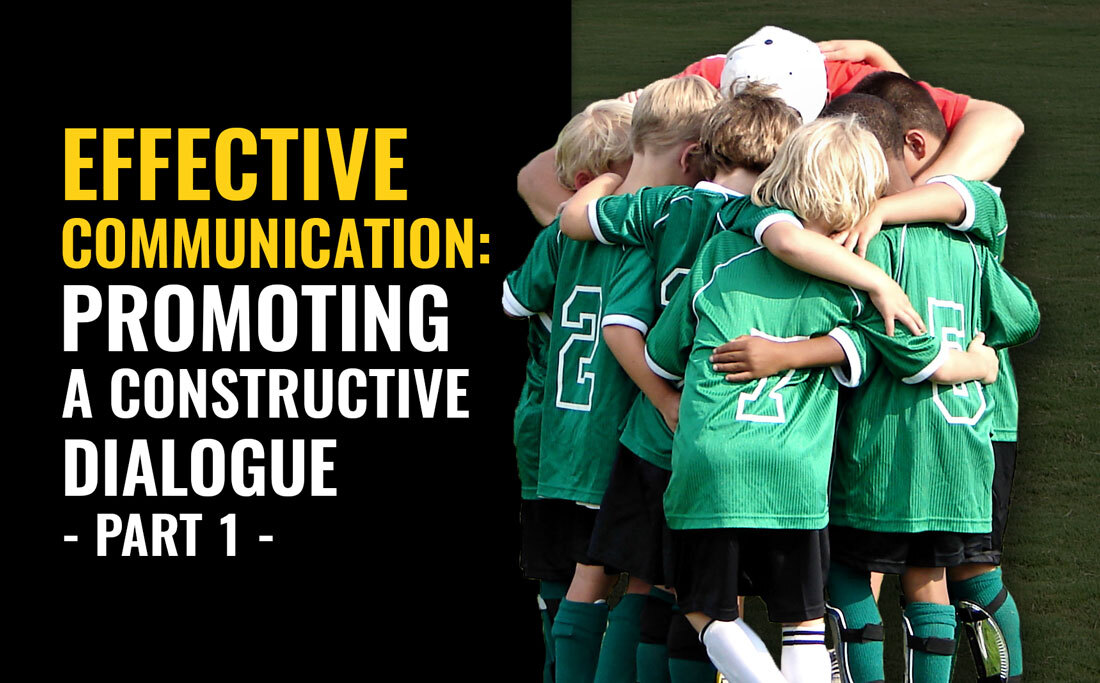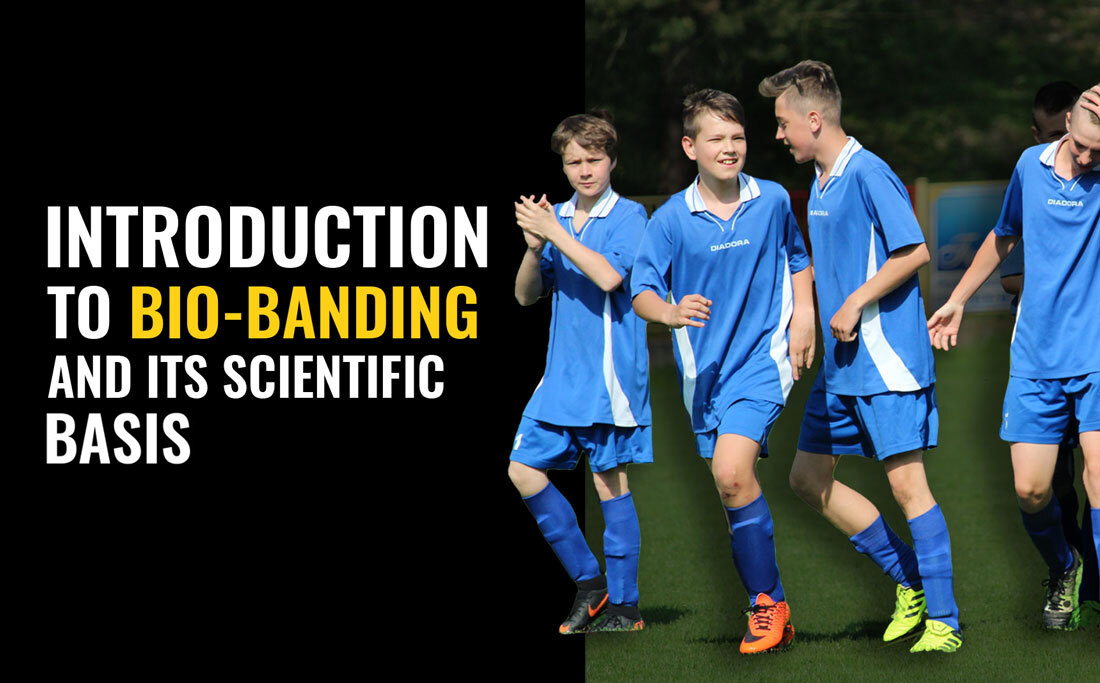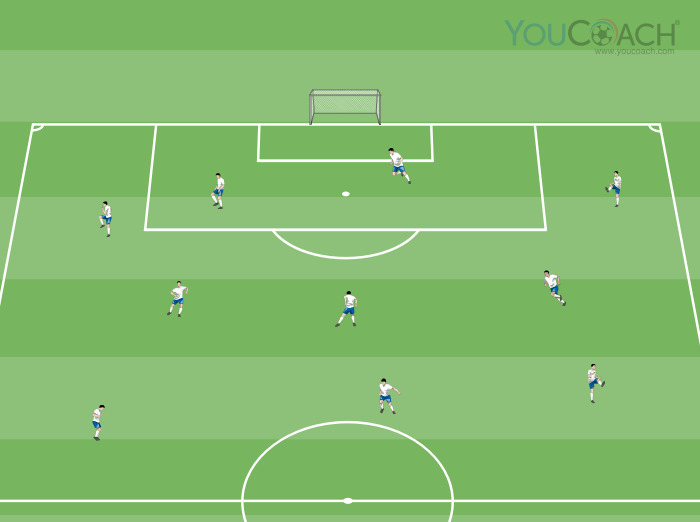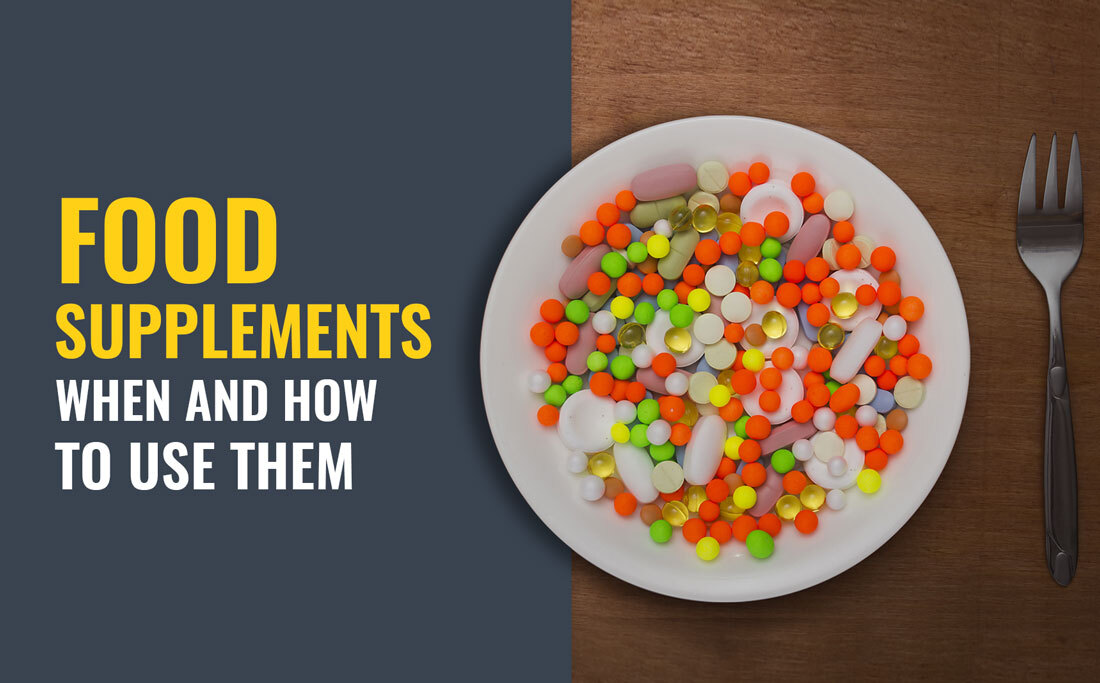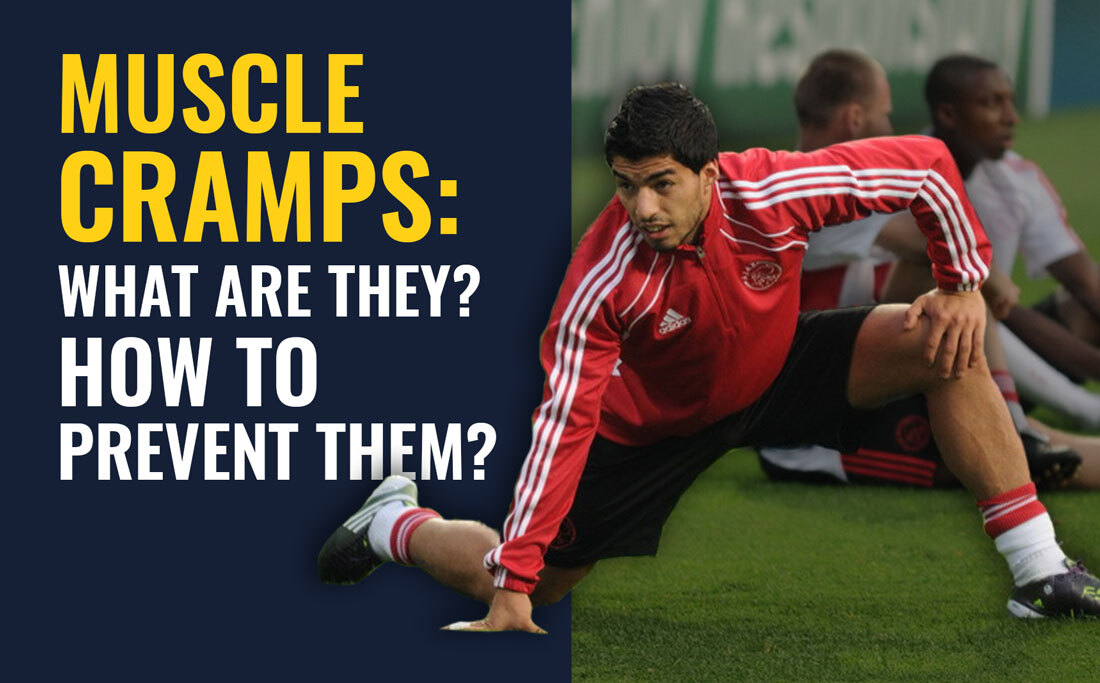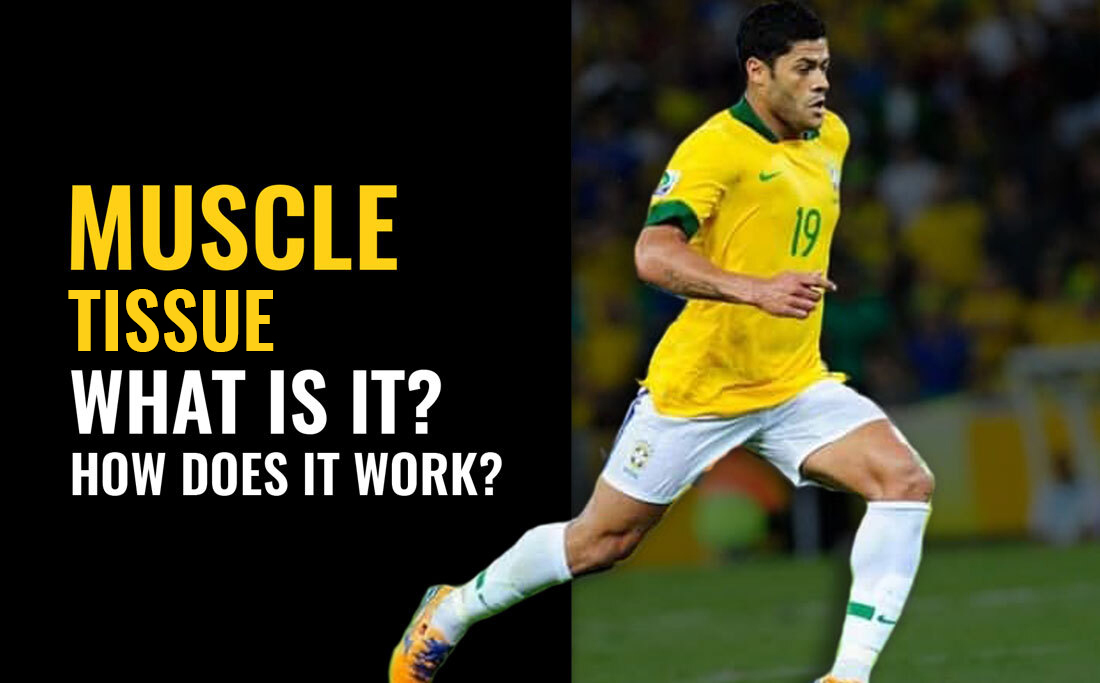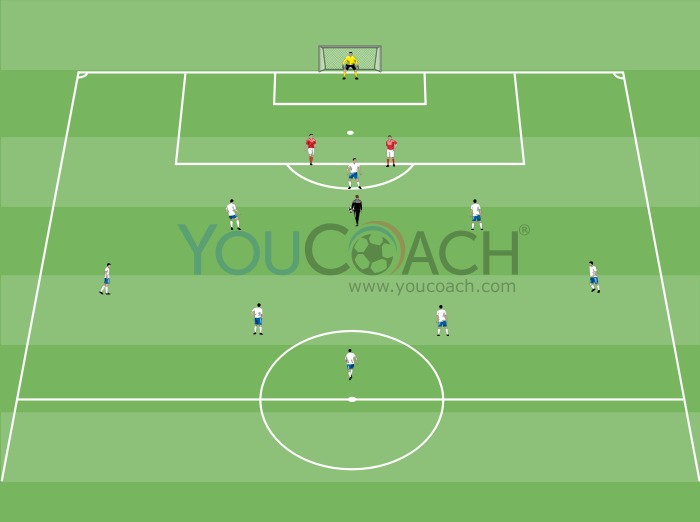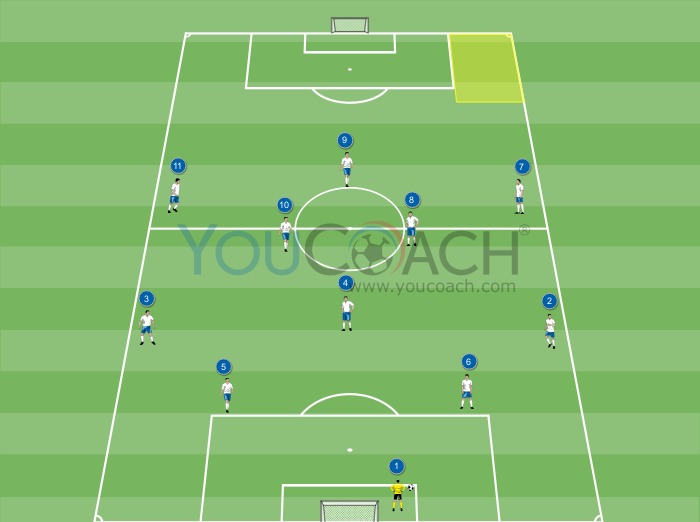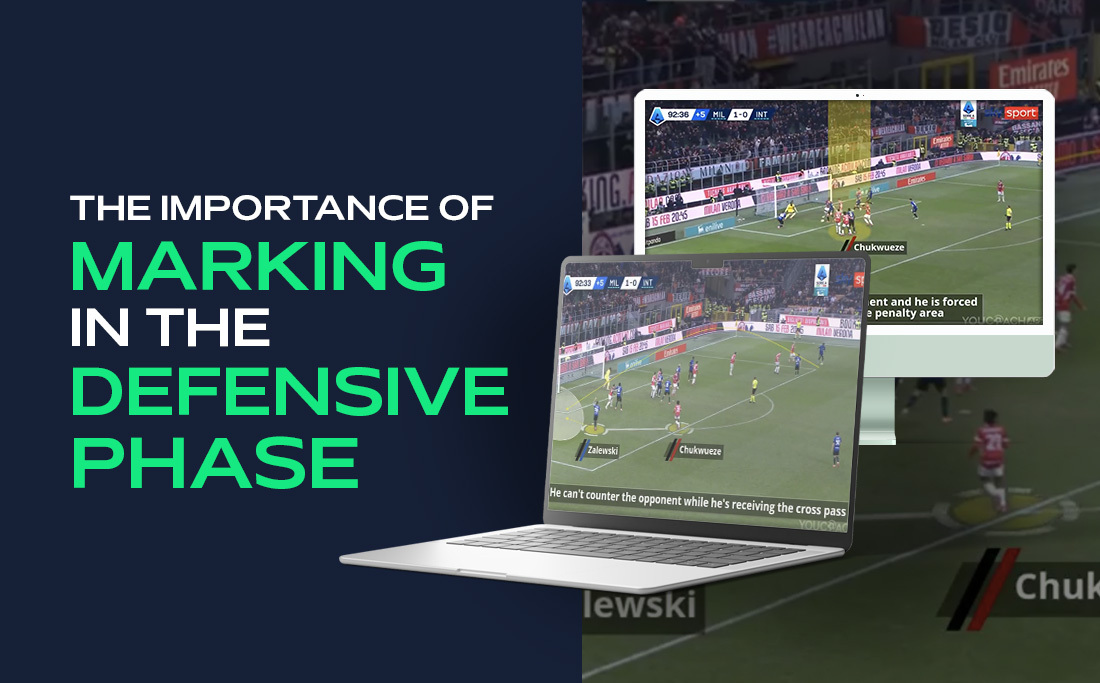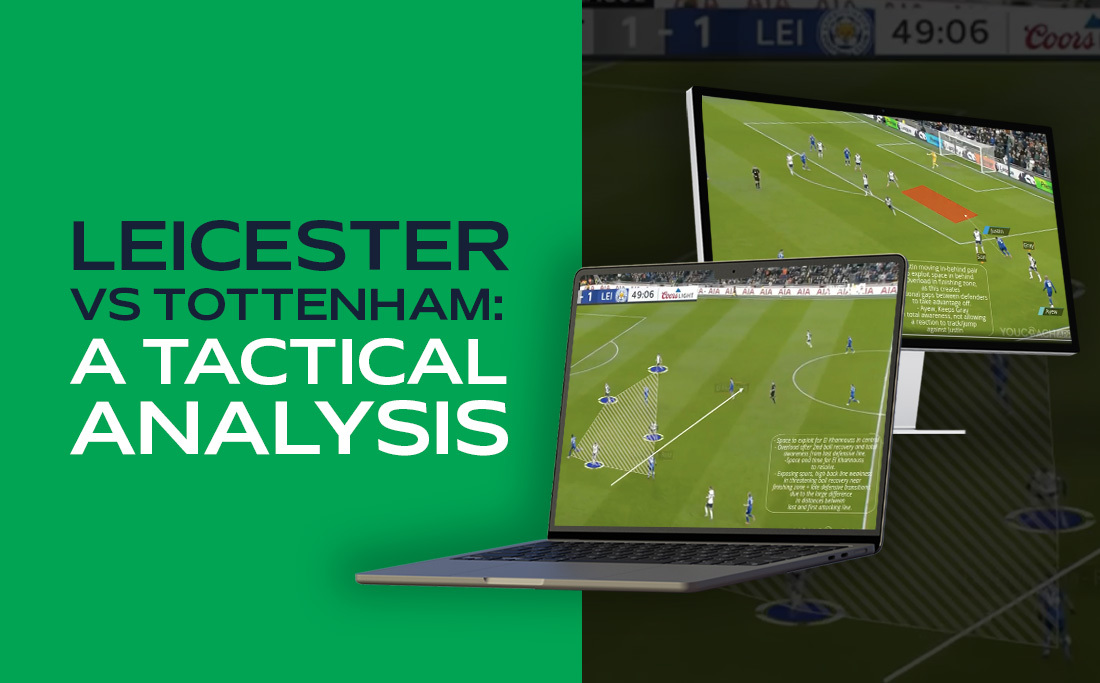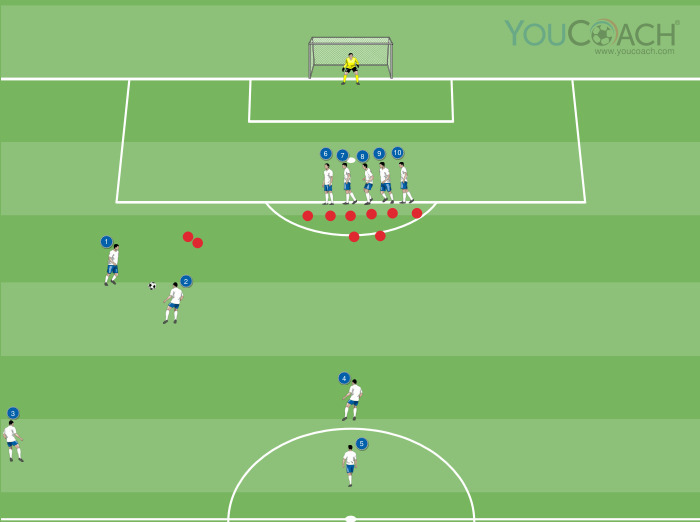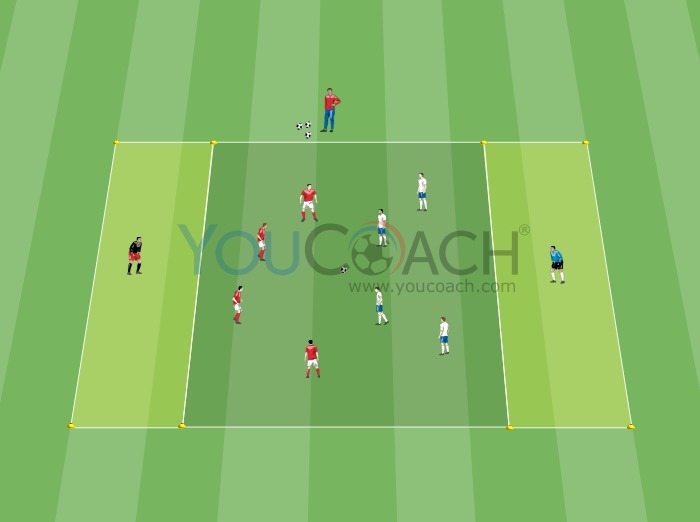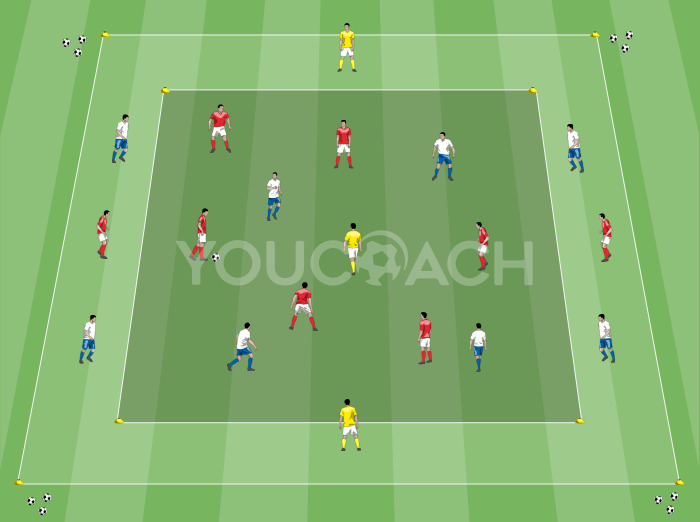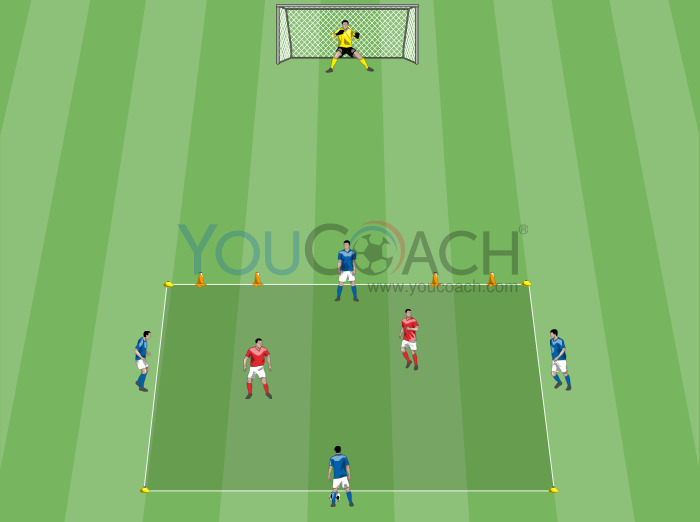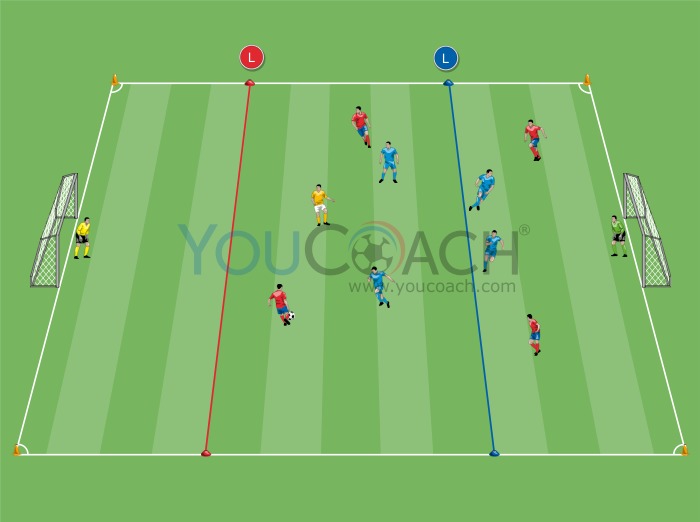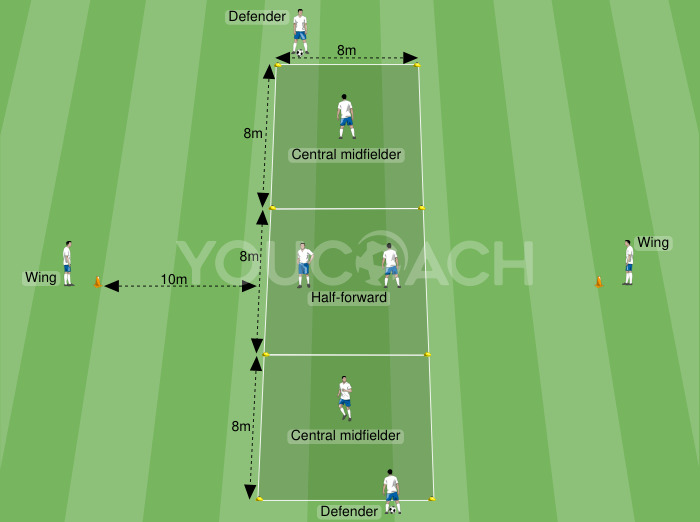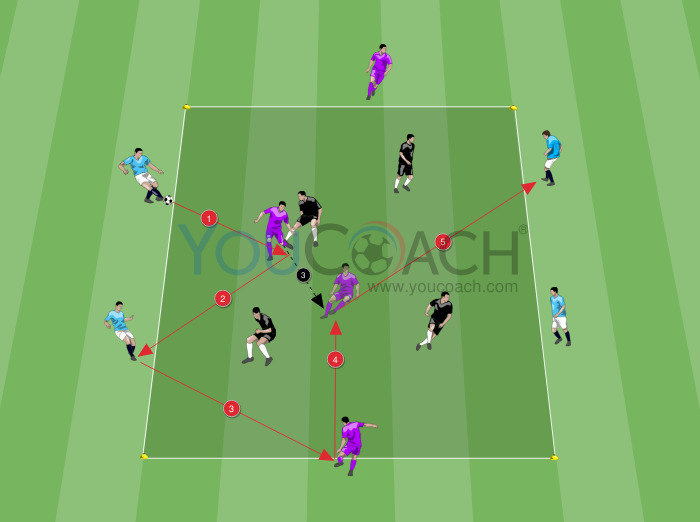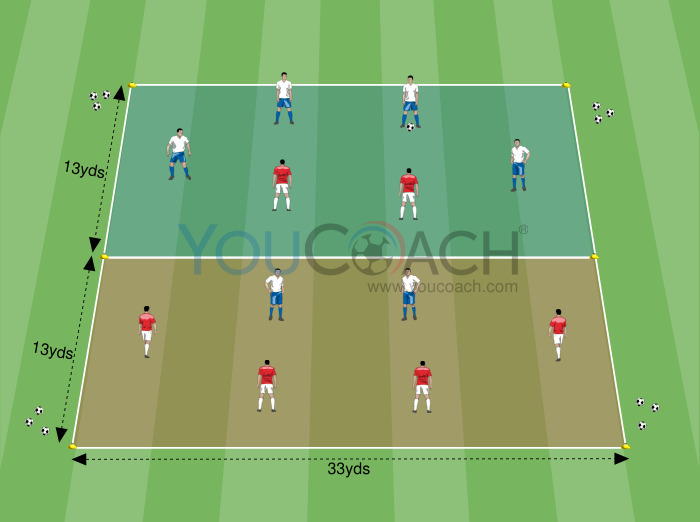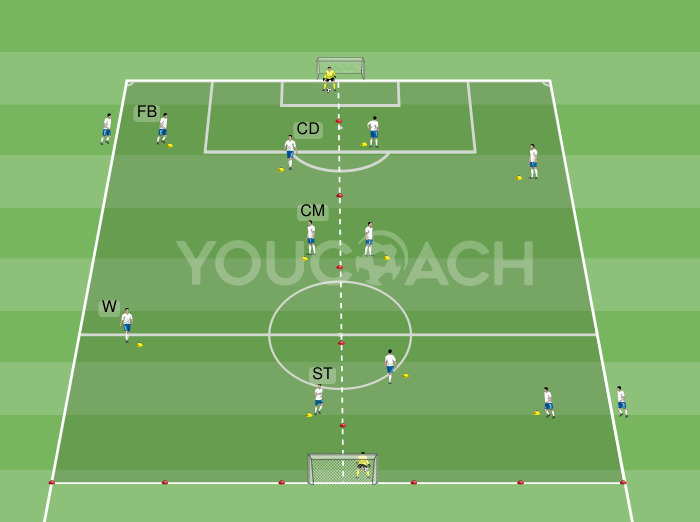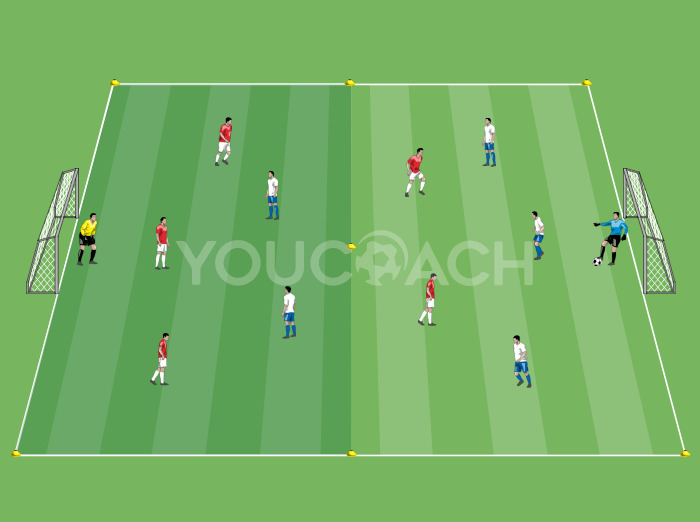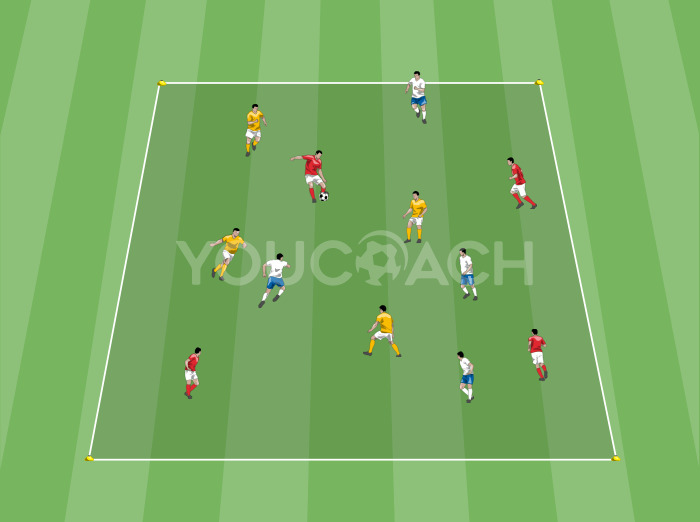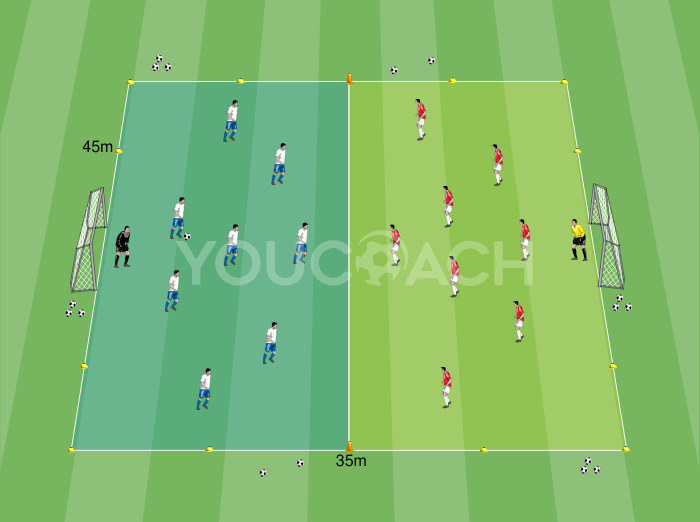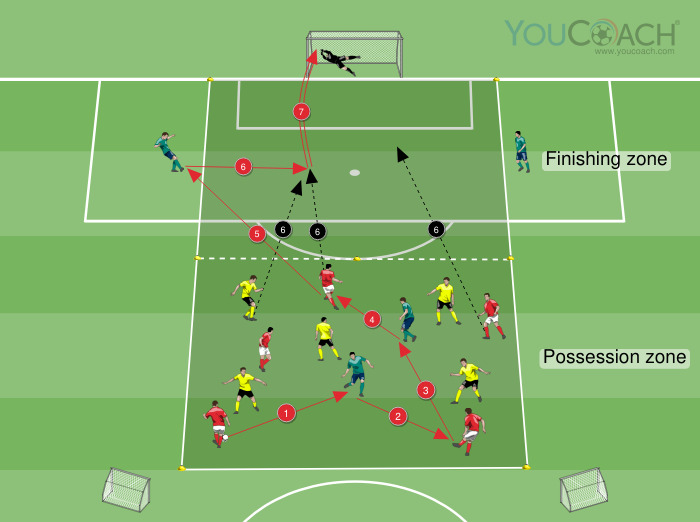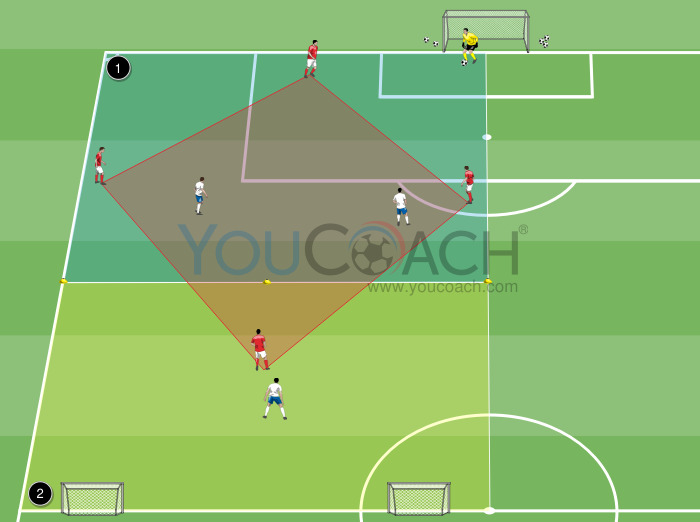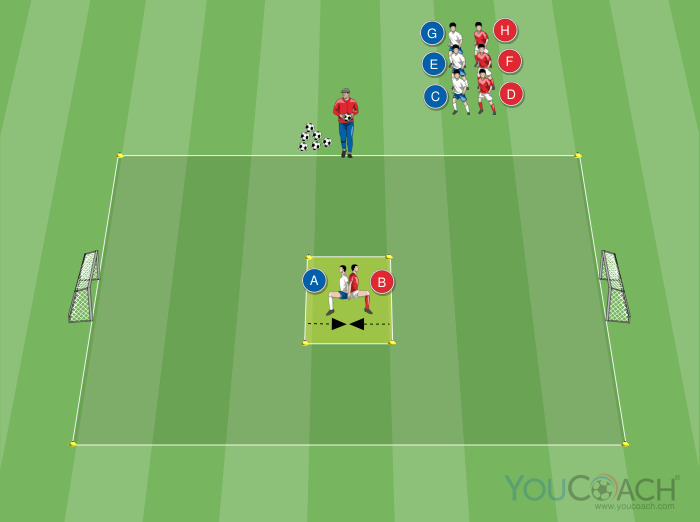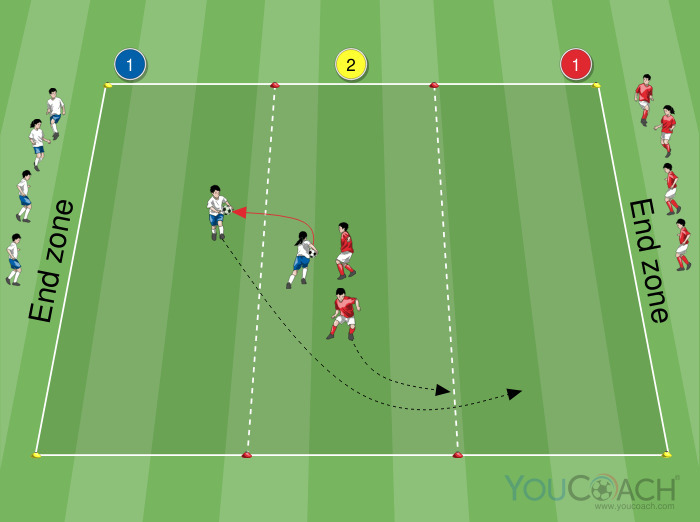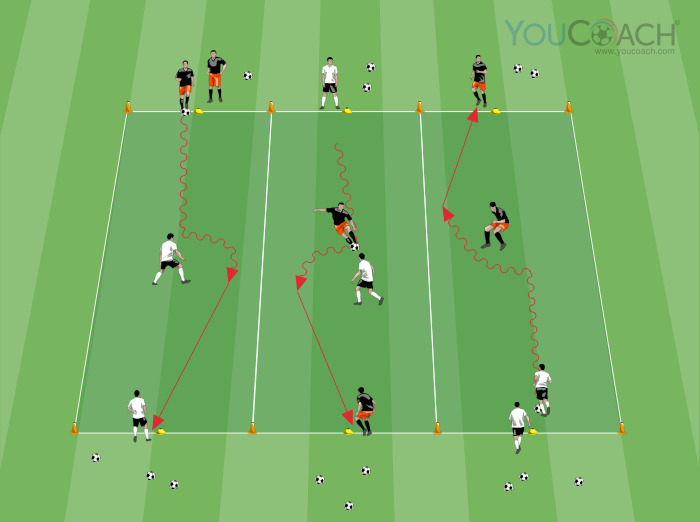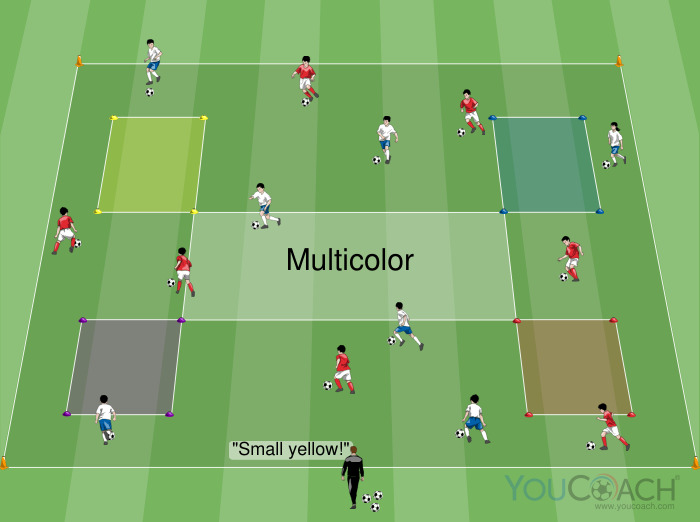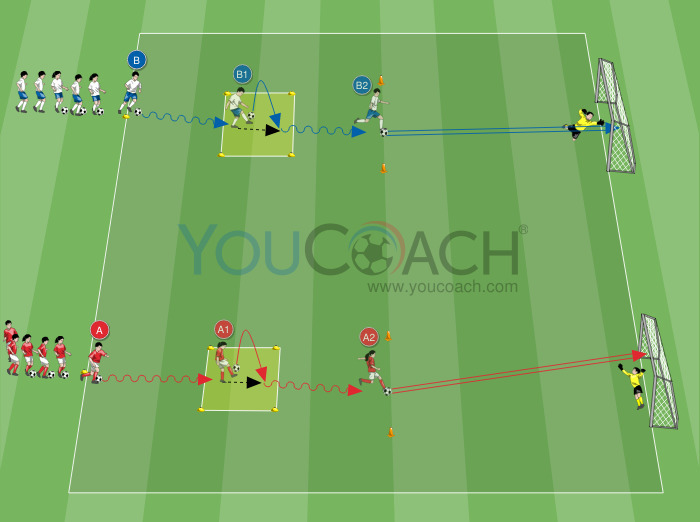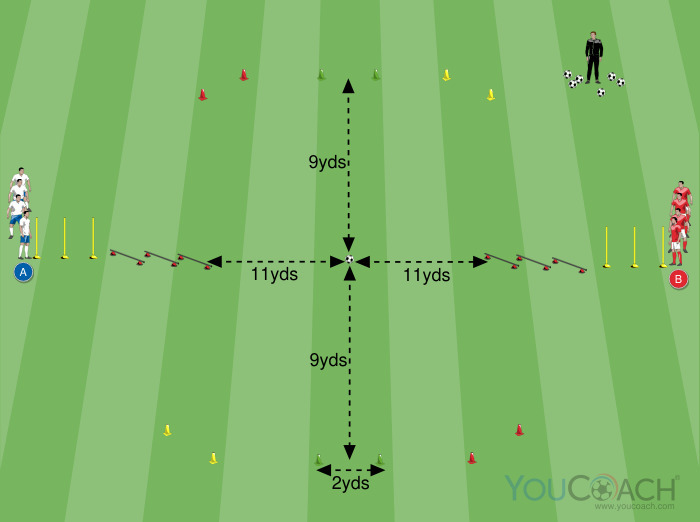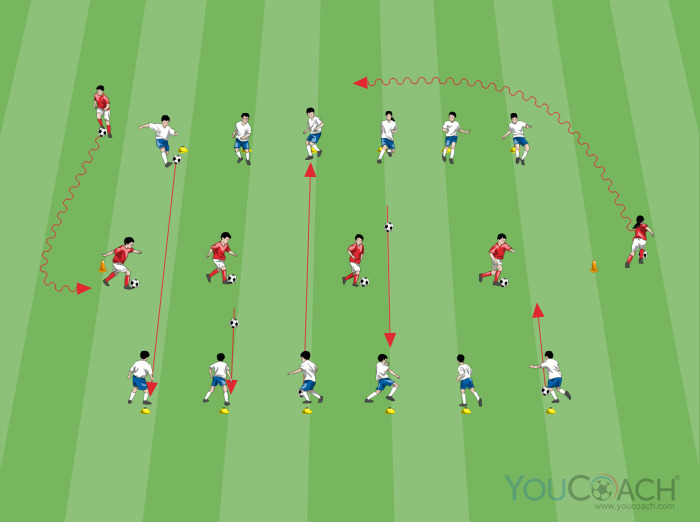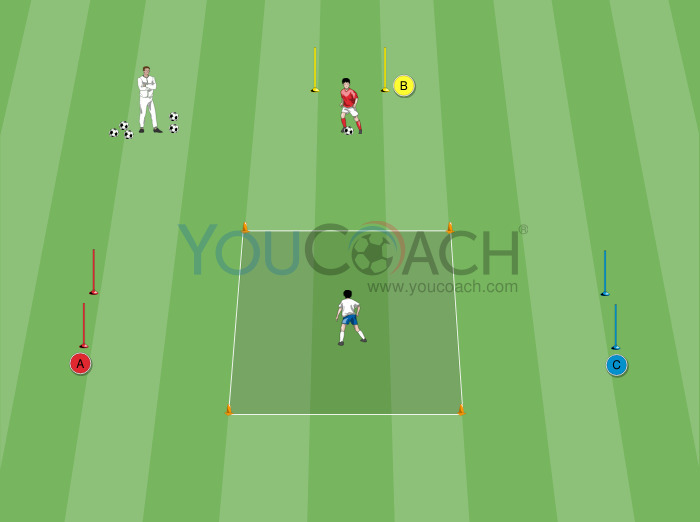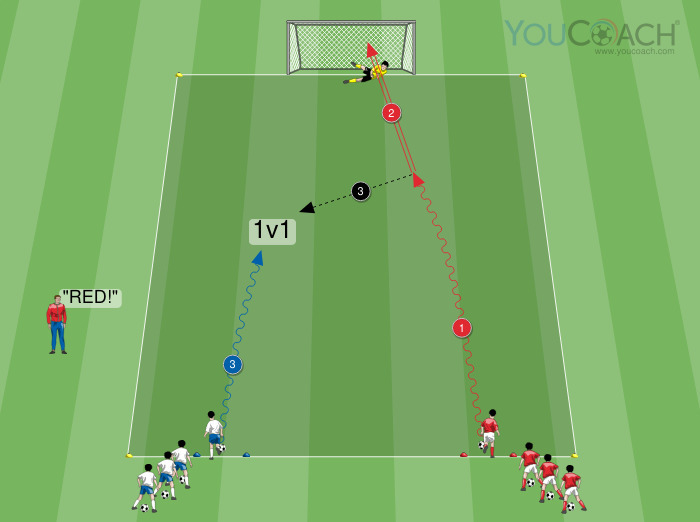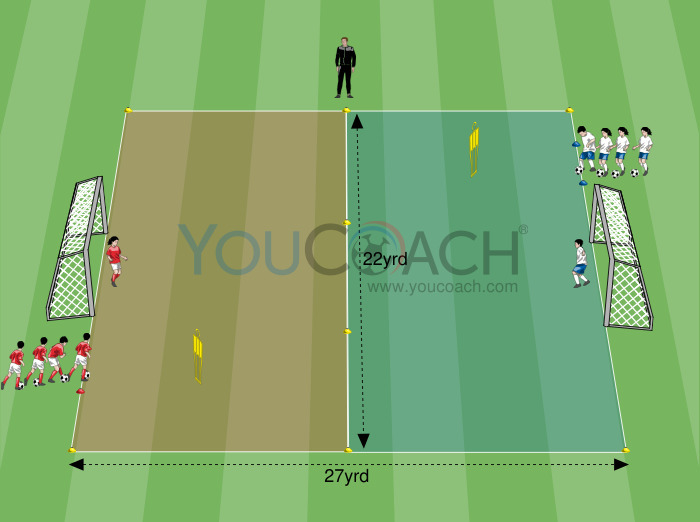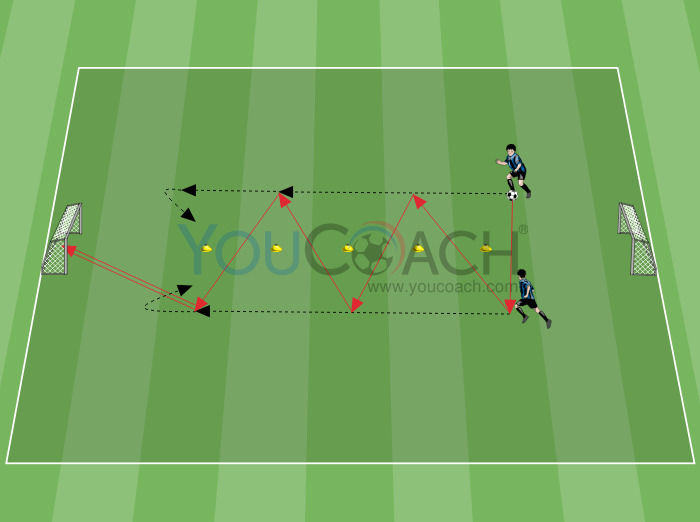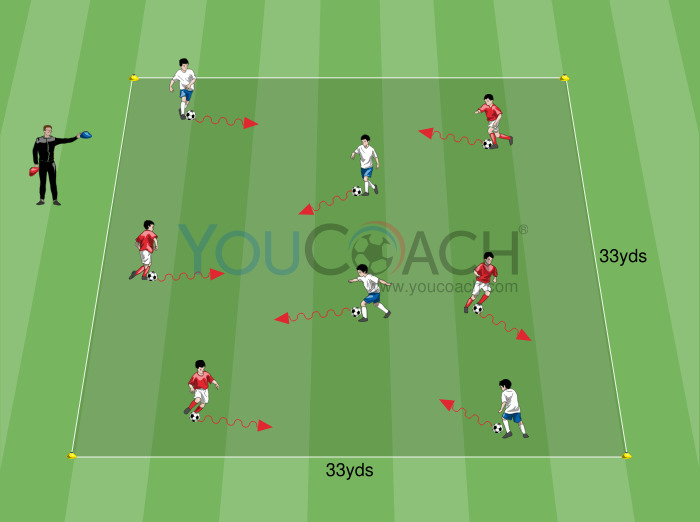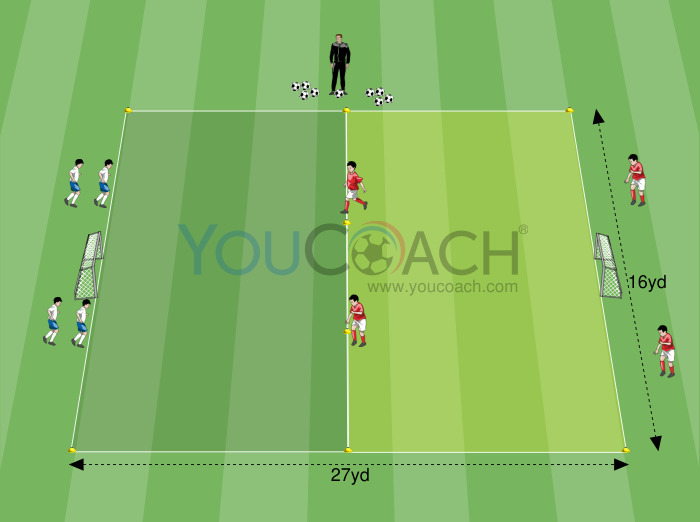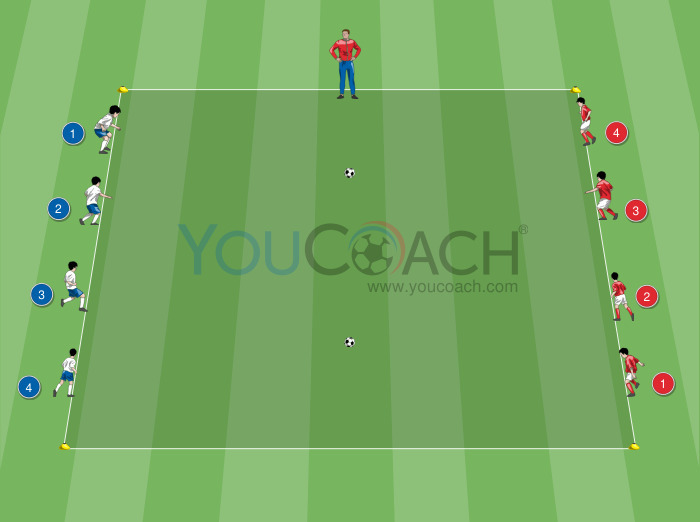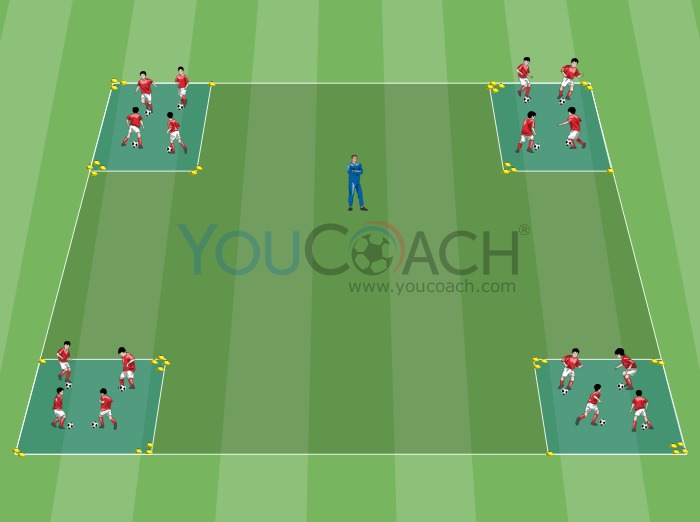Nutritional Strategies In Half Time
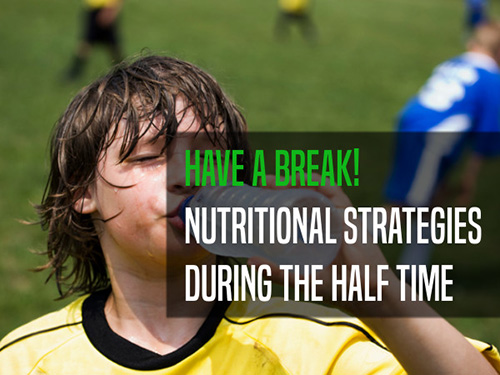
|
What foods are recommended to obtain a good performance in the second half? The nutritionist’s advice |

For many years the traditional approach to nutrition between the first and second halves of a match (both in amateur and professional contexts) ) consisted of a glass of tea with sugar and squeezed orange or lemon. Like all strategies that remain over time, it certainly has its merits. Also carbohydrate-rich foods such as tarts, cakes and sweets (even jelly beans) were used in past years for their high available energy content (1). Some authors even suggested the use of Pretzels for their sodium content (1).
On the other hand, these kinds of food contain several ingredients that are not entirely healthy for athletes, such as hydrogenated vegetable fats (trans-fat), artificial colours and additives. These ingredients are not harmful if consumed during a single match, but their negative effects in the long term are still being studied in order to understand how they affect the athletes’ health. Artificial colours and additives often present in these foods have been associated to aggressive behaviour and poor concentration in school age children (2).


It is well known that intense exercise may cause an hyperglicemic response. Physical activity produces a delivery of cathecolamines that inhibits the activity of pancreatic B cells (23). It is plausible that a combination of intense exercise and carbohydrate ingestion during half time may help in maintaining a stable high glycemia in the second half. To support this possibility Achten et al. [17]
Observed that the ingestion of 600 ml of a drink containing maltodestrins during a 25 min warm-up time including sprints and attacking phases resulted in an increased cathecolamine concentration, lower insulinemic response and higher blood glucose levels. Therefore, a re-warm up during half time including high intensity exercise combined with carbohydrate ingestion could be beneficial. Anyway, this type of research protocol is not being considered at present.
It can be easily deduced that the choice must be individualized, because first of all you must take into account the player’s features (tolerance for drinks, solid food, sport-gel, etc.) to favour compliance during half time.
Therefore, foods having following characteristics are recommended:
- Carbohydrates in concentrations ranging between 8% minimum and 20% maximum
- Quickly assimilated food. The liquid choice is the simplest and most effective one.
- Electrolyte containing food. Mineral salts are contained in balanced amounts in sport drinks, but can be low in sport gels and even absent in maltodextrins, etc.
Some examples:
- Drinks (fruit juices, sport drinks, maltodextrins, etc.)
- High carbohydrate content sport-gels
- Tarts
In case powdered electrolytes to be dissolved in water are used, high fixed residue water should be used.
In conclusion, the most important issue is hydration, i.e., to drink liquids in order to replace water resources in the body. Hydration, even with just plain water should begin long before the match and be continued throughout the play and not only during half time.
Bibliography
- Int J Sports Med 2005 Mar; 26(2):90-95
- Arch Dis Child 2004; 89:506-511
- J Sports Sci. 2006 Jul;24(7):665-74. Physical and metabolic demands of training and match-play in the elite football player. Bangsbo J1, Mohr M, Krustrup P.
- Sports Med. 2005;35(6):501-36. Physiology of soccer: an update. Stølen T1, Chamari K, Castagna C, Wisløff U.
- Bendiksen M, Bischoff R, Randers MB, et al. The Copenhagen Soccer Test: physiological response and fatigue development. Med Sci Sports Exerc. 2012;44(8):1595–603.
- Krustrup P, Mohr M, Steensberg A, et al. Muscle and blood metabolites during a soccer game: implications for sprint performance. Med Sci Sports Exerc. 2006;38(6):1165–74.
- Bangsbo J, Iaia FM, Krustrup P. Metabolic response and fatigue in soccer. Int J Sports Physiol Perform. 2007;2(2):111–27.
- Williams C, Serratosa L. Nutrition on match day. J Sports Sci. 2006;24(7):687–97.
- Convertino VA, Armstrong LE, Coyle EF, et al. American College of Sports Medicine position stand. Exercise and fluid replacement. Med Sci Sports Exerc. 1996;28(1):1–7.
- Coyle EF, Montain SJ. Carbohydrate and fluid ingestion during exercise: are there trade-offs? Med Sci Sports Exerc. 1992;24(6): 671–8.
- Astrand P-O, Rodahl K. Textbook of work physiology: physiological bases of exercise. New York: McGraw-Hill; 1986.
- Russell M, Benton D, Kingsley M. Influence of carbohydrate supplementation on skill performance during a soccer match simulation. J Sci Med Sport. 2012;15(4):348–54. doi:10.1016/j.jsams.2011.12.006.
- Stevens AB, McKane WR, Bell PM, et al. Psychomotor performance and counterregulatory responses during mild hypoglycemia in healthy volunteers. Diabetes Care. 1989;12(1):12–7.
- Holmes CS, Koepke KM, Thompson RG, et al. Verbal fluency and naming performance in type I diabetes at different blood glucose concentrations. Diabetes Care. 1984;7(5):454–9.
- Russell M, Benton D, Kingsley M. Carbohydrate ingestion before and during soccer match play and blood glucose and lactate concentrations. J Athl Train. 2014;49(4):447–53.
- Ekblom B. Applied physiology of soccer. Sports Med. 1986;3(1):50–60.
- Achten J, Jentjens RL, Brouns F, et al. Exogenous oxidation of isomaltulose is lower than that of sucrose during exercise in men. J Nutr. 2007;137(5):1143–8.
- Schedl HP, Maughan RJ, Gisolfi CV. Intestinal absorption during rest and exercise: implications for formulating an oral rehydration solution (ORS). Proceedings of a roundtable discussion. April 21–22, 1993. Med Sci Sports Exerc. 1994;26(3):267–80.
- Skinner TL, Jenkins DG, Folling J, et al. Influence of carbohydrate on serum caffeine concentrations following caffeine ingestion. J Sci Med Sport. 2013;16(4):343–7. doi:10.1016/j. jsams.2012.08.004.
- Sugiura K, Kobayashi K. Effect of carbohydrate ingestion on sprint performance following continuous and intermittent exercise. Med Sci Sports Exerc. 1998;30(11):1624–30.
- Short KR, Sheffield-Moore M, Costill DL. Glycemic and insulinemic responses to multiple preexercise carbohydrate feedings.Int J Sport Nutr. 1997;7(2):128–37.
- Moseley L, Lancaster GI, Jeukendrup AE. Effects of timing of pre-exercise ingestion of carbohydrate on subsequent metabolism and cycling performance. Eur J Appl Physiol. 2003;88(4–5): 453–8. doi:10.1007/s00421-002-0728-8.
- Galbo H, Christensen NJ, Holst JJ. Catecholamines and pancreatic hormones during autonomic blockade in exercising man. Acta Physiol Scand. 1977;101(4):428–37.
- Kingsley M, Penas-Ruiz C, Terry C, et al. Effects of carbohydrate-hydration strategies on glucose metabolism, sprint performance and hydration during a soccer match simulation in recreational players. J Sci Med Sport. 2014;17(2):239–43.
- Boyle PJ, Nagy RJ, O’Connor AM, et al. Adaptation in brain glucose uptake following recurrent hypoglycemia. Proc Natl Acad Sci U S A. 1994;91(20):9352–6.



